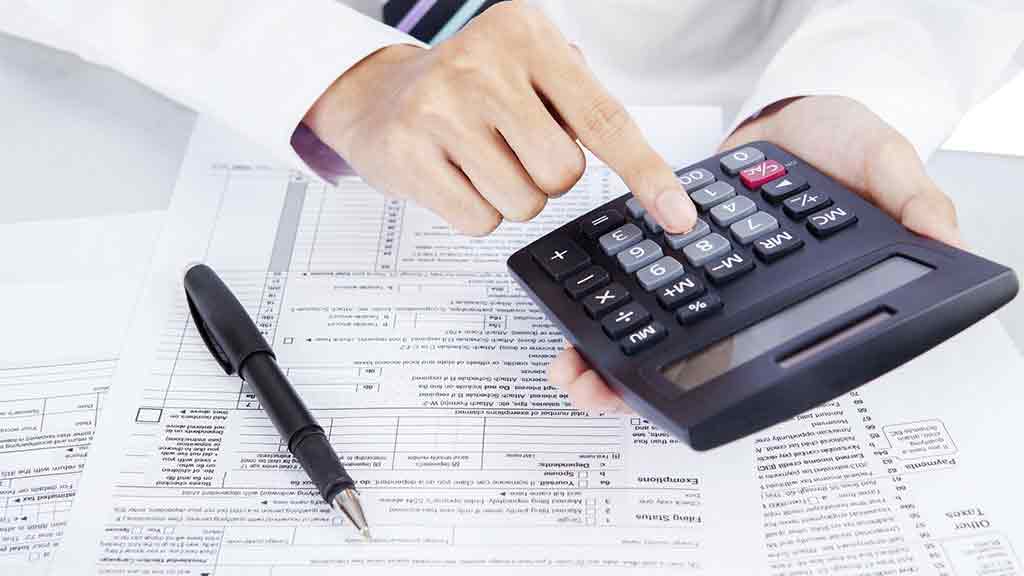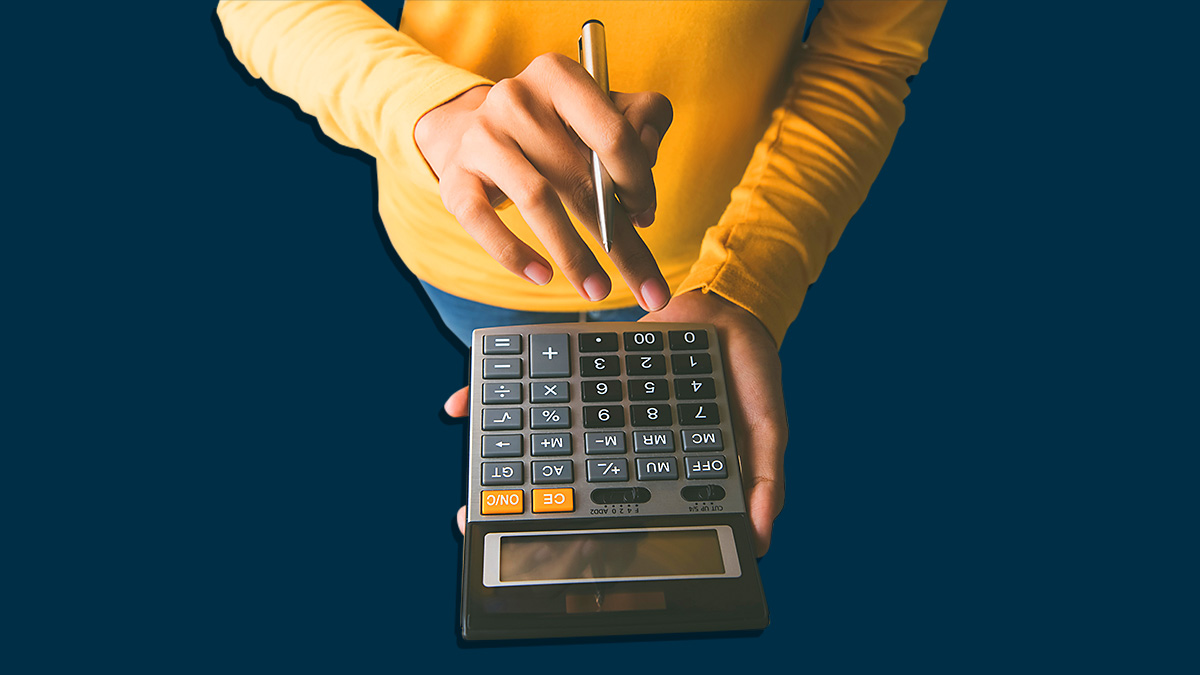Get our independent lab tests, expert reviews and honest advice.
Tax tips to save you money

Some people always seem to luck out at tax time with a generous return. But what about the poor chump who always winds up with a bill? If that’s generally you, how can you minimise the amount of tax you need to pay and get yourself one of those awesome ATO windfalls? There are a number of legal avenues that the Australian Tax Office allows – without straying into creative accounting – and we’re here to help you find out which ones could work for you.
On this page:
Work-related expenses
You can claim some deductions for expenses incurred while performing your job. You need receipts if the total of your work-related claims exceeds $300, but that limit doesn’t apply to claims for car, meal allowance, award transport payments allowance and travel allowance expenses.
Some work-related expenses that you may be able to claim – depending on your circumstances – include (deep breath): union fees, overtime meals, formal education courses provided by professional associations, seminars, conferences or education workshops, books, journals and trade magazines, tools and equipment, protective items such as sunscreen and sunglasses, computers and software, and telephone and home office expenses.
Also, if you buy income protection insurance, the premiums can also be claimed as a deduction. Life, trauma and critical illness insurance aren’t tax deductible though.
While things like magazines and CDs may be deductible, it’s important to note you can only claim for what’s directly relevant to your job or income. According to the Australian Taxation Office, ”a truck driver can claim a deduction for a subscription to Australian Truckie magazine, but cannot claim a deduction for subscribing to magazines with no specific occupational focus – for example, Wheels magazine.”
Bank fees
Some bank fees are deductible; the key to claiming them is whether the fees are connected to your ability to earn income or access your income. If you pay ATM or over-the-counter fees to withdraw your income from your account, they’re deductible, as are any monthly fees for a savings account that generates income for you.
On the other hand, if the account is simply a way for you to pay your bills and other expenses and it doesn’t earn interest, the fees can’t be claimed. Similarly, if you pay a single annual fee for a banking package (home loan, credit card, transaction account, etc.) it’s unlikely that fee is deductible.
Donations to charity
Monetary donations of $2 or more to charity may be claimed as a tax deduction, provided the organisation has deductible gift recipient (DGR) status, which you can check at abr.business.gov.au. However, not all payments to charities can be claimed. For instance, you can’t claim charity raffle tickets, items like pens and chocolates, or the cost of attending a fundraising ball.
Clothing expenses
You can claim the cost of buying, washing, drying and ironing eligible work clothes, including laundromat expenses and dry cleaning. Examples of eligible clothes are work uniforms, protective clothing required for your job and occupation-specific clothes, like the checked trousers chefs wear.
If the clothes are eligible, you can even claim for the cost of the washing, drying and ironing you do yourself; the ATO considers $1 for a full load of work clothes to be a reasonable basis for working out your laundry claim. If you choose a different basis to work out your claim, you may be asked to explain. When your clothing expenses claim exceeds $150, the ATO requires written evidence such as diary entries and receipts.
Other expenses you can claim
Go to ato.gov.au/individuals to find further expenses you can claim to reduce your taxable income. You can do your own tax return for free, and the ATO says refunds are usually paid out within 14 days.
Otherwise, see a registered tax agent, who’ll charge you for an individual’s simple tax lodgement – but it’s good to know that fee is tax-deductible in next year’s return.





